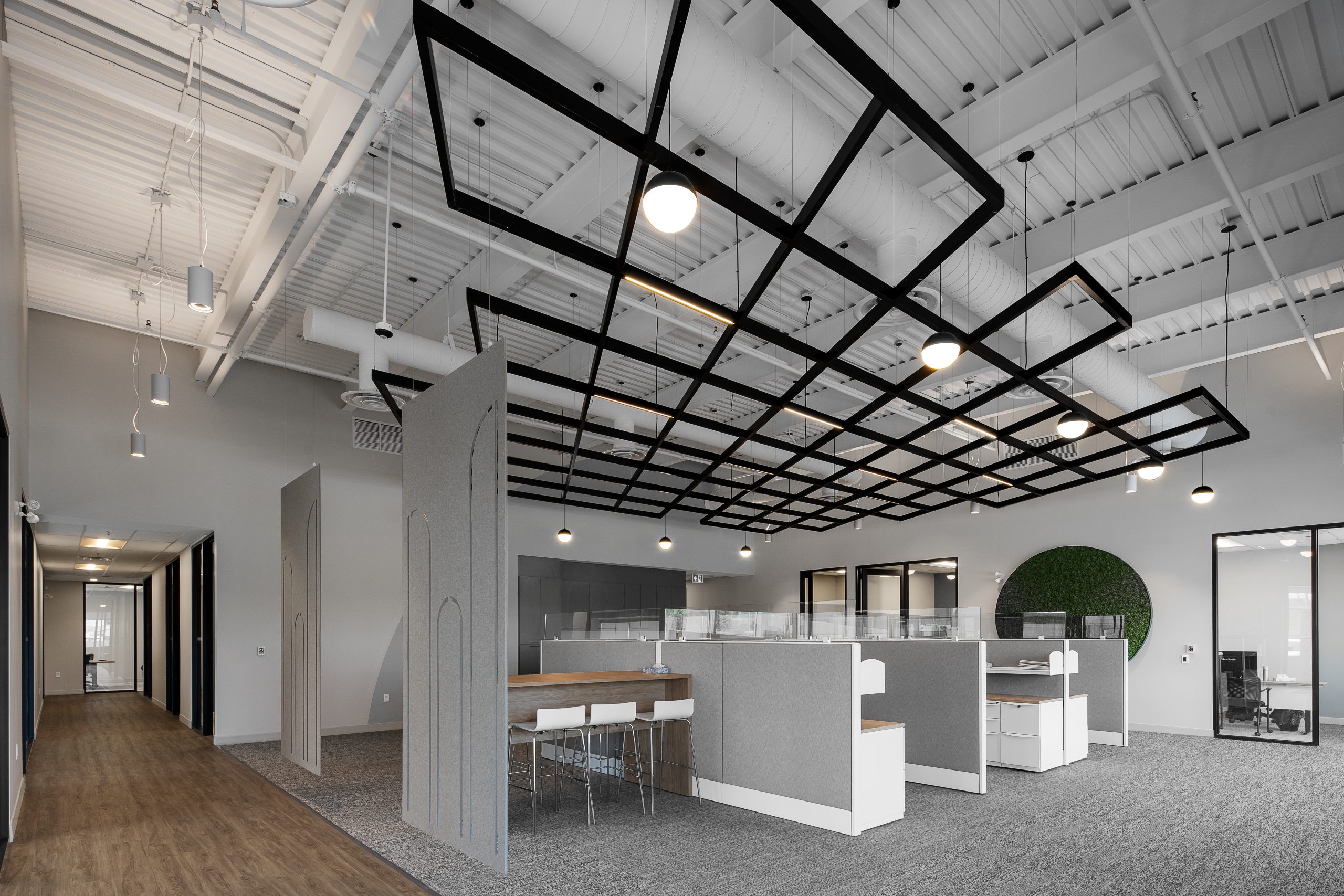
As we step into the future, sustainability has become an essential consideration in our workspaces. The Ellen MacArthur Foundation states that “a circular economy is based on the principles of designing out waste and pollution, keeping products and materials in use, and regenerating natural systems.” How can these principles be applied to our workplaces, specifically to office furniture? The answer lies in circular procurement and Furniture-as-a-Service (FaaS) models, which are being pioneered by companies like Envirotech.
The Case for Circular Procurement and FaaS
Envirotech, a trailblazer in sustainable office solutions, has successfully developed a circular furniture program, a venture that earned the Best Innovation in Sustainability award at Google’s Innovation Fair in California. A significant client of this program is none other than Google itself, demonstrating its effectiveness and appeal to even the largest global corporations.

But how does this approach work, and why is it crucial for the future? To understand this, let’s delve into the processes involved and the benefits it offers.
Remanufacturing: Extending Product Lifecycles
At the heart of Envirotech’s circular procurement strategy lies remanufacturing. The process involves taking used furniture, breaking it down to its core components, and thoroughly inspecting, sanitizing, and refurbishing these parts. These refurbished components are then used to create ‘new’ pieces of furniture that meet or exceed the original specifications. The result? Office furniture gets multiple lifecycles, reducing the amount of waste generated and minimizing the use of raw materials.
Future-Proofing: Adapting to Change
The remanufacturing process not only contributes to sustainability but also allows for adaptability. If an organization decides to update their workspace aesthetic or configuration, remanufactured furniture can easily be adjusted to meet the new requirements. In other words, businesses are no longer burdened by the cost and waste associated with outdated finishes or configurations. This adaptability ensures that office furniture remains relevant and functional, regardless of how workplace trends evolve, future-proofing investments.
Cost-Effective: Saving Money and the Environment
If the environmental benefits weren’t convincing enough, circular procurement also makes financial sense. By reusing and refurbishing office furniture, organizations can save up to 50% compared to buying new, according to a report by the Ellen MacArthur Foundation. With circular procurement and FaaS models, companies get to enjoy state-of-the-art, sustainable, and adaptable furniture solutions while also reducing their expenses. It’s a clear win-win scenario.
In Conclusion
The future of sustainability, the workplace, and office furniture will undoubtedly be shaped by circular procurement and FaaS models. This approach not only ensures environmental sustainability but also allows organizations to stay adaptable to changing trends, extending the lifecycle of their furniture, and saving money in the process.
Pioneers like Envirotech are showing us that embracing sustainable practices isn’t just good for the planet; it’s good for business, too. As we venture into the future, the adoption of such strategies will not only be desirable but essential. The success and recognition Envirotech has garnered proves that circularity is a worthy and necessary investment in our collective future.

